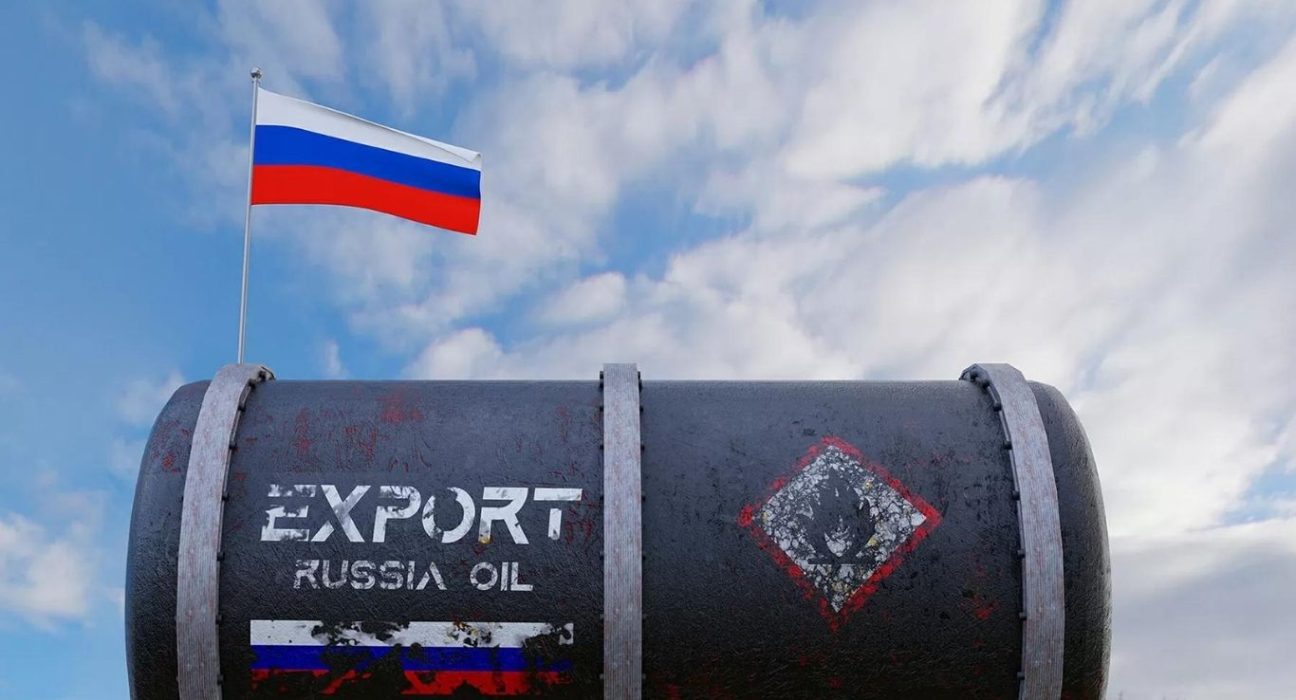Introduction
The European Union and Group of Seven (G7) have imposed restrictions on Russian oil exports, leading to a significant shift in oil flows worldwide. This move has caused Asian refiners to take advantage of discounted Russian crude, which may explain the recent decision by OPEC+ to cut output further.
The Impact of EU and G7 Restrictions on Russian Oil Exports
The EU and G7 have imposed sanctions on Russia, including restrictions on oil exports, in response to the country’s annexation of Crimea in 2014 and its involvement in the conflict in eastern Ukraine. As a result, Russian oil exports to the EU and G7 countries have decreased significantly, leading to a shift in oil flows worldwide.
The Global Shift in Oil Flows
The decrease in Russian oil exports to the EU and G7 countries has resulted in a surplus of oil in the Russian market. To make up for the loss in revenue, Russian oil producers have turned to Asian markets, offering discounted prices to attract buyers. This has led to a significant increase in Russian oil exports to Asia, with China being the largest importer of Russian oil.
Asian Refiners Benefit from Discounted Russian Crude
The shift in oil flows has benefited Asian refiners, who have been able to purchase discounted Russian crude. This has allowed them to increase their refining capacity and produce more gasoline, diesel, and other products, which they can then sell at a higher price. In addition, Asian refiners have been able to diversify their sources of crude oil, reducing their reliance on Middle Eastern countries.
OPEC+ Decision to Cut Output Further
The recent decision by OPEC+ to cut output further may be due to the global shift in oil flows caused by the EU and G7 restrictions on Russian oil exports. As Asian refiners continue to purchase discounted Russian crude, demand for crude oil from other sources may decrease, leading to a surplus in the global oil market. To prevent a further decrease in oil prices, OPEC+ may have decided to cut output further.
Conclusion
In conclusion, the EU and G7 restrictions on Russian oil exports have caused a significant shift in oil flows worldwide, with Asian refiners taking advantage of discounted Russian crude. This shift in oil flows may explain the recent decision by OPEC+ to cut output further. While the impact of these restrictions on the global oil market is still uncertain, it is clear that they have had a significant effect on the oil industry and will continue to do so in the future.










